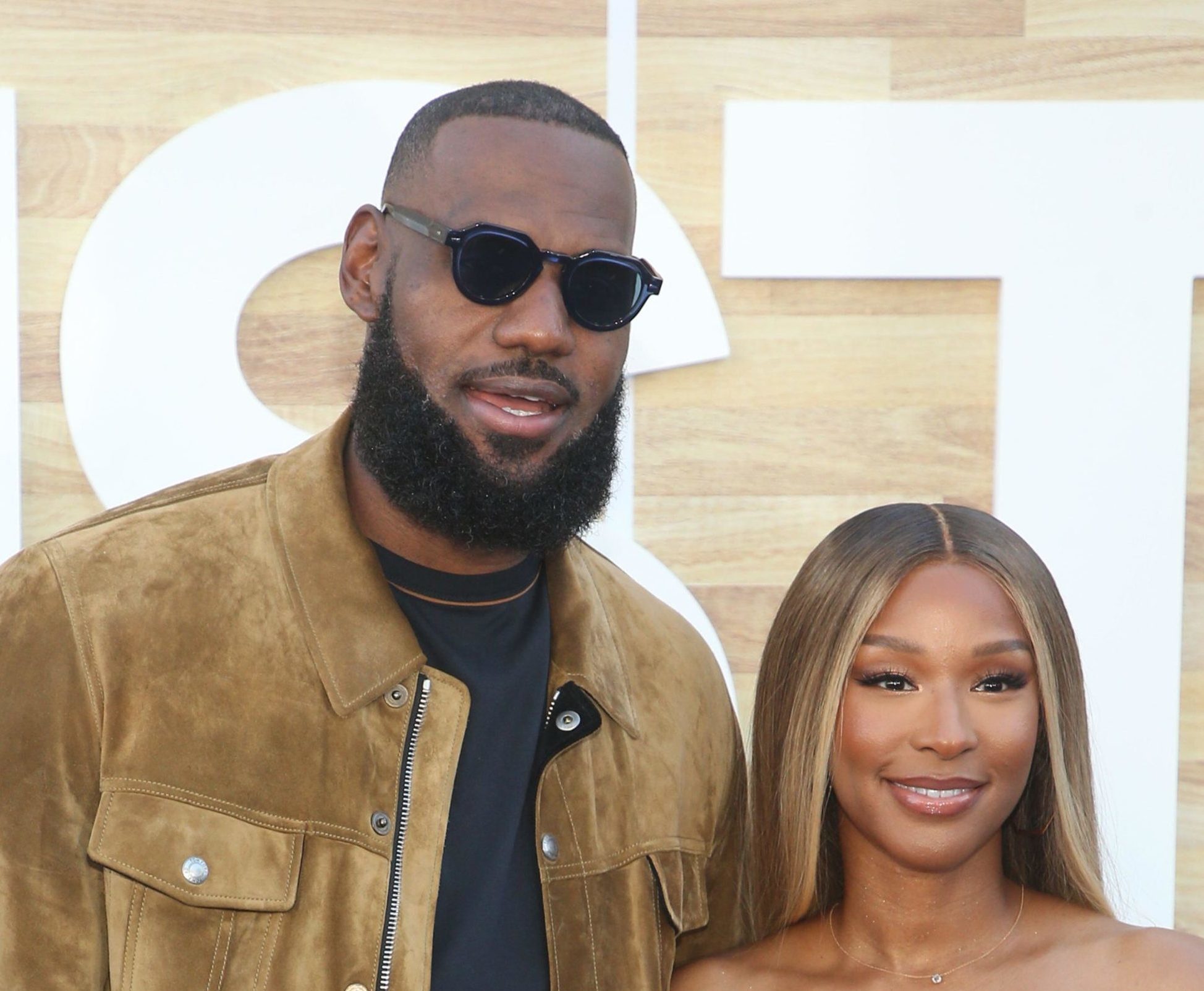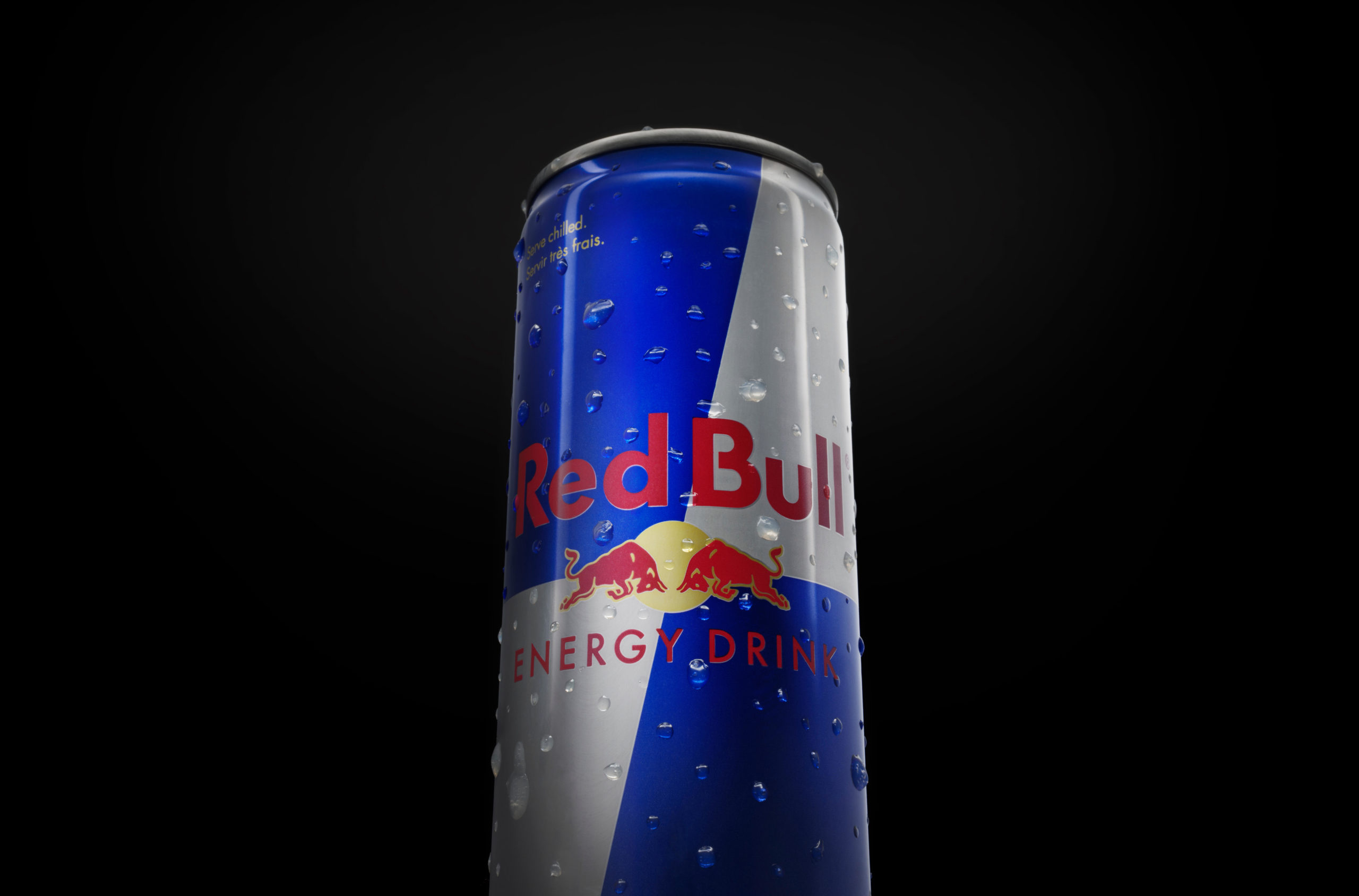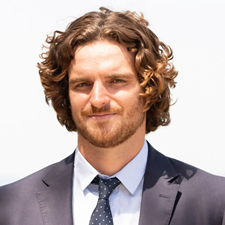Caitlin Clark Sets New WNBA Team Player Standard
Caitlin Clark and Angel Reese made significant strides in the last week of May. Caitlin Clark delivered one of her best performances yet as she finished with 30 points, five rebounds, six assists, three steals, and three blocks, becoming the first rookie—and only the fourth player in WNBA history—to achieve a 30-5-5-3-3 stat line. Meanwhile, Chicago’s very own, Angel Reese recorded the first double-double of her career against the Seattle Storm.
With standout players like Clark and Reese making waves and helping to elevate the WNBA's profile, we at VegasInsider sought to determine which WNBA player attributes their personal and league’s success most to their team. So, we analyzed nearly 100 interviews with players including Caitlin Clark, Angel Reese, Breanna Stewart, Jewell Loyd, Jonquel Jones, Chelsea Gray, Alyssa Thomas, A'ja Wilson, Aliyah Boston, and Brittney Griner. By counting the frequency of terms like “team,” “support,” “coach,” and “we,” and other team-related terms we aimed to identify the biggest team player in the WNBA.
Before diving into the top three biggest team players in the WNBA, explore our Best Online Casinos and Best Online Casino Bonus Codes.
Caitlin Clark Breaks Another Record: Crowned Biggest Team Player
Not only did Caitlin Clark break a record with her stat line in May, but now she's also titled the biggest team player. Approximately 0.40% of the words in her interviews referenced her team, using terms like "team," "support," "coach," "we," and "us." Despite speaking the fewest words among the analyzed WNBA players, only 3,734, about 13 times less than the most outspoken player, A'ja Wilson, Clark managed to lead in team-related discussions. Her most frequently used team-related words were "teammates" and "coach," collectively making up 0.20% of her total.
Chicago's Angel Reese emerged as the runner-up with 0.39% of her words being "team-related," despite speaking around three times more words than Clark, totaling 10,755. Like Clark, "coach" was Reese's most used term in team discussions, accounting for 0.18% of her team-related mentions, while "together" was her second most used term, which Clark didn't mention in her interviews.
New York Liberty's Power Forward, Breanna Stewart, secured the third spot as the biggest team player, with 0.35% of her interviews mentioning team-related terms. Stewart's interviews, totaling 11,871 words, included the term "together" most frequently, unlike players such as Aliyah Boston, who didn't use the term at all.
Brittney Griner Falls Short: Named The Least Team-Oriented Player
Brittney Griner was at the bottom of the biggest team player list, with just 0.09% of her 6,557 interview words dedicated to team-related terms. Despite her shortcomings, her usage of team-related terms leaned heavily towards the term "help," which accounted for five out of the six team-related terms she expressed. The term "together" was the other word Griner used the most throughout the analyzed interviews.
Right behind Griner, with a slightly stronger team focus, is the renowned 2023 WNBA Rookie of the Year, Aliyah Boston. Boston's dialogue contained approximately 0.21% team-related language, nearly doubling Griner's usage. Her vocabulary notably included terms such as "support" and "coach," which helped make up the five team-related terms used. The term "coach" was used the most, only four times.
On the other hand, A'ja Wilson, Las Vegas Aces Center, surprisingly lands at the eighth spot on the Biggest Team Player list. Despite leading the pack in the number of team-related terms—104 to be exact—her total word count of 46,956 was normalized to make the data fit into the context of the analysis more to just 0.22% team-related terms. However, the quality of her team-oriented language remains noteworthy. Wilson's recurrent usage of "teammates" throughout her interviews, tallying a striking 34 mentions, which she used the most compared to her counterparts. Additionally, the frequency of the term "coach" — mentioned a remarkable 24 times — was used the most out of all the other players conducted in the study.
Tie-Breaker Between The Terms “Coaches” And “Teammates”
In total, the WNBA players included in this analysis collectively employed team-related terms a staggering 209 times. Regardless of which player emerges as the biggest team player statistically, one undeniable fact emerges: "coaches" and "teammates" stood out as the most frequently mentioned terms among all team-oriented words, each appearing 75 times. Together, these two words accounted for a remarkable 71% more usage compared to all other team-related terms combined.
In contrast, the terms "we," "us," and "our" saw no usage across all analyzed interviews, suggesting that pronouns are not favored by WNBA players during interviews.
Second only to "coaches" and "teammates" in frequency of usage was the term "together," which saw extensive use by Breanna Stewart, totaling 58 mentions across all players included in the analysis. This accounted for approximately 27% of the total words used in reference to the analysis of words conducted.
Another term, "helped," also predominantly used by Breanna Stewart, made up 21% of all team-related words in the analysis, further emphasizing the significance of collective effort.
Methodology
The project's objective is to identify the WNBA's most team-oriented player by analyzing player interviews to gauge the frequency of team-related words such as 'team,' 'teammates,' 'together,' 'support,' 'assist,' 'help,' 'we,' 'us,' and 'our.' Interviews were sourced from various online platforms, primarily YouTube and other shows featuring WNBA players. Audio from these interviews was transcribed into text files using a third-party AI tool for accuracy. Python was utilized for data cleaning, processing, and analysis. The data was also normalized to make the data more flexible and eliminate redundancy and any inconsistencies. Words were categorized into team-related terms based on a predefined list. The total words and team-related words were counted for each player, and the percentage of team-related words was calculated to determine the extent of their team focus. Data from all players was aggregated into total words, total team-related words, and percentage of team-related words.
Miscellaneous News
-
 MISCELLANEOUS OCT 25, 2024
MISCELLANEOUS OCT 25, 2024Cost of Hotel and Airbnb Accommodations for the 2024 Thanksgiving Parade
-
 MISCELLANEOUS OCT 11, 2024
MISCELLANEOUS OCT 11, 2024The NBA and WNBA’s Most Influential Power Couples
-
 MISCELLANEOUS SEP 20, 2024
MISCELLANEOUS SEP 20, 2024Red Bull is California’s Most Popular Energy Drink: 40,000 Red Bull Searches Per 100K in the Last Year
-
 MISCELLANEOUS NOV 5, 2024
MISCELLANEOUS NOV 5, 20242028 United States Election Odds
-
 MISCELLANEOUS DEC 19, 2024
MISCELLANEOUS DEC 19, 2024The Top Concert Destinations in the U.S. for 2025
-
 MISCELLANEOUS DEC 13, 2024
MISCELLANEOUS DEC 13, 2024Top 10 Most Festive Casinos to Celebrate Christmas in Las Vegas






